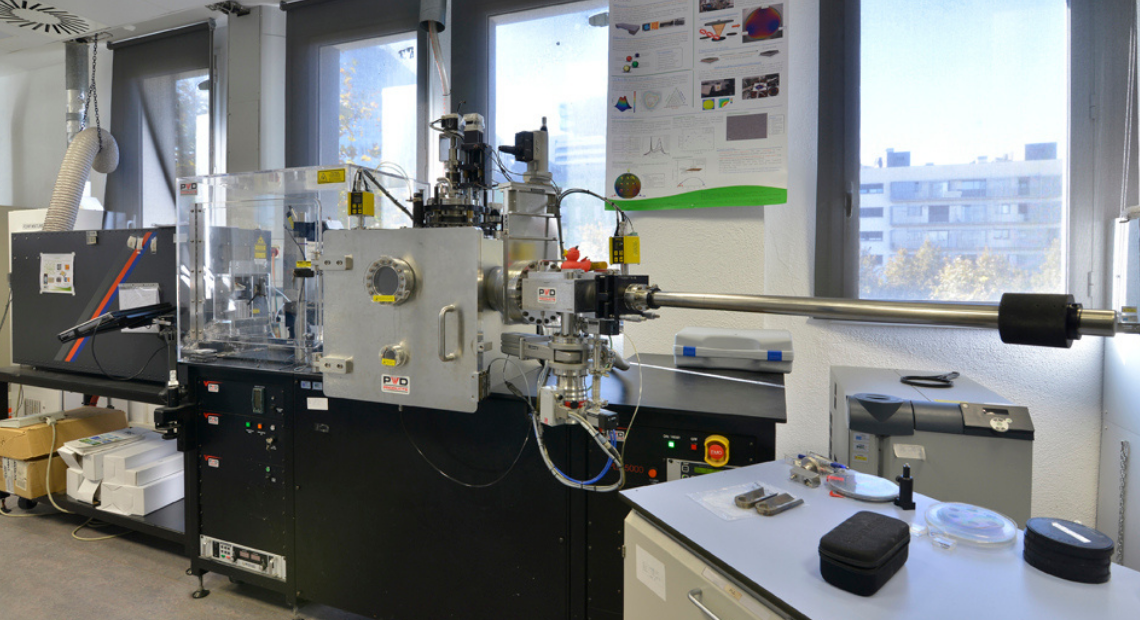HIPERZAB’s project, which has been included in the European Union’s Pathfinder Challenges call, has a highly disruptive component, as although primary zinc-air batteries exist on the market, a rechargeable version of these still needs to be developed. Achieving this objective would mean immediate improvements in storage time, cost reduction, and life-cycle design adapted to medium-term storage, as well as allowing the combination of renewable energies and electrolysers.
It should be noted that metal-air batteries, as in this case, have significant advantages, such as using cheap and abundant active materials, high energy density, and long-term stability. The major obstacle to their development, which the HIPERZAB project will try to overcome, is their rechargeability (limited to minutes, and hours) and the high maintenance costs due to the high energy density of the batteries.
To achieve this goal, HIPERZAB will develop three innovative components: a 3D porous Zinc/biopolymer composite anode, a sustainable bilayer gel electrolyte based on natural polymers, and a cathode free of critical materials. The project will also focus on understanding the reaction mechanisms of these materials, correlating operating conditions with electrochemical phenomena thanks to characterisation techniques developed specifically for this technology.
The kick-off meeting was held in Vitoria-Gasteiz on October the 4-5th, 2023. The consortium of HIPERZAB involves seven companies and organisations from Europe including CIC energiGUNE (coordinator), IREC, Cegasa Energía, SINTEF, Politecnico di Torino and Advenst and Deutsches Zentrum Fur Luft Und Raumfahrt. The project has a total budget of almost 4M€ and will run for 4 years.
The role of IREC in this project is to explore new highly efficient and environmentally friendly oxide cathode materials for zinc-air batteries. High throughput techniques will help finding the best candidates, taking advantage of big-data algorithms for an efficient treatment of the outcomes. Advanced techniques will be developed to analyze the best composition and to get information under operation. These activities will be led by Alex Morata from the Nanoionics and Fuel Cells group at IREC.
Link to cordis: https://cordis.europa.eu/project/id/101115421
Funded by the European Union (GA No. 101115421). Views and opinions expressed are however those of the author(s) only and do not necessarily reflect those of the European Union or the European Innovation Council and SMEs Executive Agency (EISMEA). Neither the European Union nor the granting authority can be held responsible for them.




